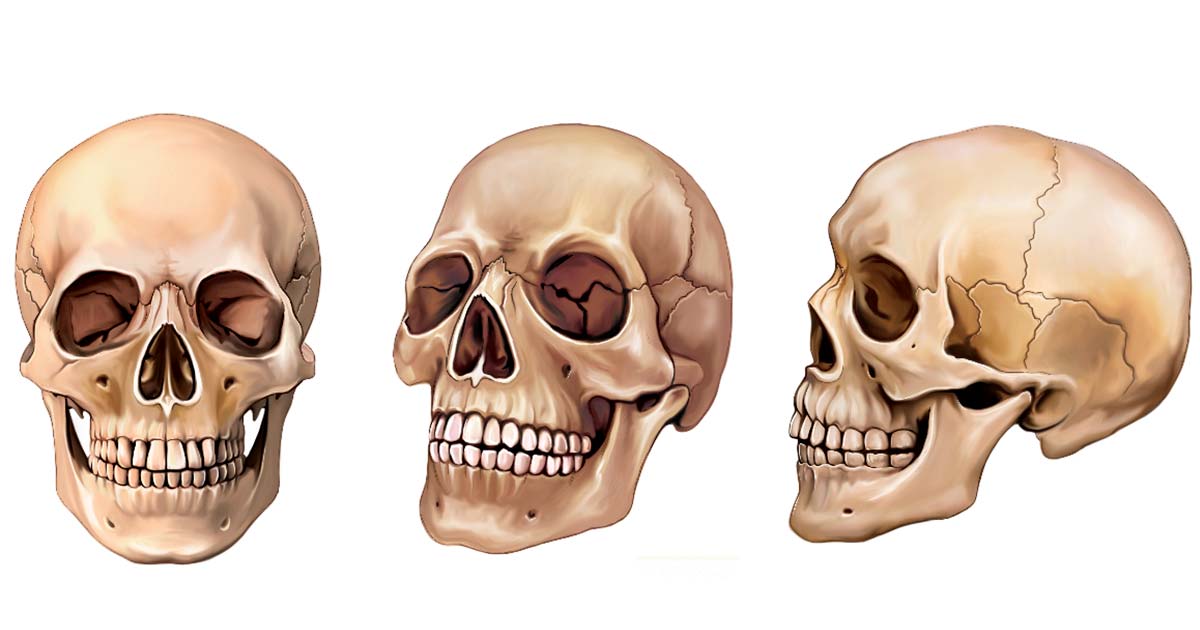Modern Human Brains Have More Neurons Than Neanderthals (Video)
The emergence of anatomically modern humans, Homo sapiens, marked a pivotal moment in human evolution, challenging long-standing debates in paleoanthropology. Approximately 100,000 years ago, a mysterious subspecies of humans appeared, exhibiting a sudden burst of creativity and cognitive advancement. Unlike their predecessors, these modern humans displayed sophisticated tools, artistic expression in cave paintings and sculptures, and complex spiritual belief systems. Recent research delves into the neurological aspect of this leap forward. A specific protein, tktl1, unique to modern humans, holds a crucial role. This protein, differing by a single amino acid from Neanderthals, prompts increased neuron production in the developing frontal lobe of the neocortex.
- Big Difference Between Neanderthal and Modern Human Brains Discovered
- Why do humans have such large brains? (And why aren’t they larger?)
Brain organoid studies revealed that this genetic distinction enhances fatty acid synthesis and stimulates pathways vital for neuron proliferation. This genetic mutation, occurring around 75,000 years ago, likely contributed to the sudden cognitive advantage of modern humans. The rise in brain cells, particularly in the frontal lobe, influenced cognitive abilities, setting them apart from Neanderthals. The theory of adaptive introgression, where advantageous DNA is inherited through interbreeding, offers a plausible explanation for this rapid evolutionary shift. The enigma surrounding the first modern humans becomes clearer as science unveils the intricacies of their cognitive leap, providing insight into the complex tapestry of human evolution.
Top image: Image of a human skull from three perspectives. Source: Liliya/Adobe Stock

















